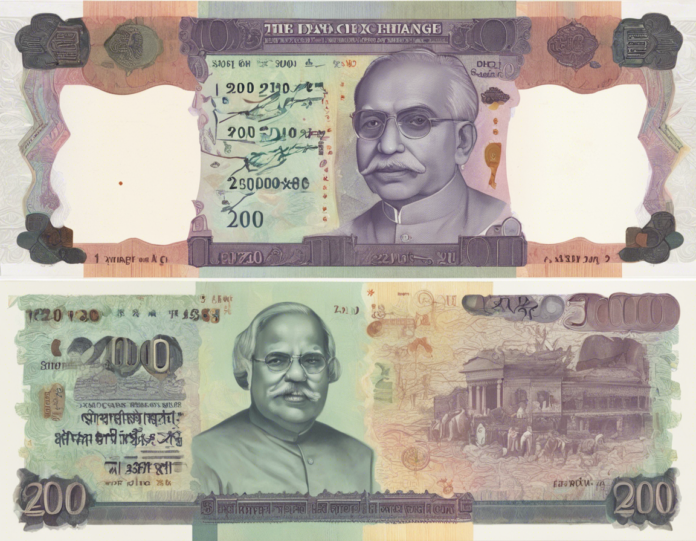Introduction
In recent times, governments across the globe have been taking various measures to combat issues such as black money, counterfeiting, and terrorist financing. One such step taken by India was the demonetization of ₹500 and ₹1000 currency notes in 2016. This move aimed to eradicate black money, corruption, and counterfeit currency. However, it was not without its challenges, one of them being the short deadline for the exchange of old notes.
The Announcement
Recently, the Indian government introduced a new directive relating to the exchange of old ₹2000 notes. The notification declared a deadline by which individuals must exchange their ₹2000 notes to the newly issued currency. This announcement has stirred a significant amount of interest and concern among the public, leading to a flurry of queries regarding the specifics and implications of this deadline.
Understanding the Deadline
The central premise of this government directive is to prevent misuse of demonetized notes and to ensure that citizens do not hold large amounts of unaccounted cash. The deadline set for exchanging old ₹2000 notes is 31st March 2023. Individuals who possess these denominations are required to exchange their old notes for new ones within this timeframe.
Implications of Missing the Deadline
Failure to adhere to the exchange deadline can have severe repercussions for individuals. After the specified date, the old ₹2000 notes will no longer hold any monetary value and will essentially become worthless pieces of paper. Therefore, it is essential for individuals to take prompt action and exchange their old notes before the deadline to avoid any financial loss.
How to Exchange Old ₹2000 Notes
The process for exchanging old ₹2000 notes is typically conducted through authorized banking institutions. Individuals holding these notes can visit their nearest bank branch and present them for exchange. It is advisable to carry valid identification documents along with the old notes to facilitate a smooth exchange process. Banks have been mandated to accept these notes and provide individuals with the corresponding amount in new currency.
Frequently Asked Questions (FAQs)
- What is the deadline for exchanging old ₹2000 notes?
-
The deadline for exchanging old ₹2000 notes is 31st March 2023.
-
What happens if I miss the deadline for exchanging old ₹2000 notes?
-
After the deadline, old ₹2000 notes will cease to hold any monetary value and will be considered invalid.
-
Where can I exchange old ₹2000 notes?
-
Old ₹2000 notes can be exchanged at authorized banking institutions such as banks or designated currency exchange counters.
-
Do I need to provide identification documents for exchanging old ₹2000 notes?
-
Yes, it is advisable to carry valid identification documents when exchanging old ₹2000 notes to comply with regulatory requirements.
-
Can I exchange old ₹2000 notes after the deadline?
-
No, after the deadline, old ₹2000 notes will no longer be exchangeable and will be deemed invalid for transactions.
-
Is there a limit to the amount of old ₹2000 notes that can be exchanged?
-
While there may be restrictions on the quantity of currency that can be exchanged in a single transaction, individuals can exchange larger amounts by following the prescribed procedures.
-
What should I do if I discover old ₹2000 notes after the deadline has passed?
- In such cases, it is advisable to contact the Reserve Bank of India or relevant authorities for guidance on the proper disposal of the old notes.
Conclusion
The introduction of a deadline for exchanging old ₹2000 notes underscores the government's commitment to regulating currency circulation and fostering transparency in financial transactions. Individuals holding these notes are encouraged to adhere to the stipulated deadline and exchange their old notes within the specified timeframe to avoid any inconvenience or financial loss. It is crucial for citizens to stay informed about such regulatory updates and ensure compliance to contribute towards a robust and accountable financial ecosystem.

